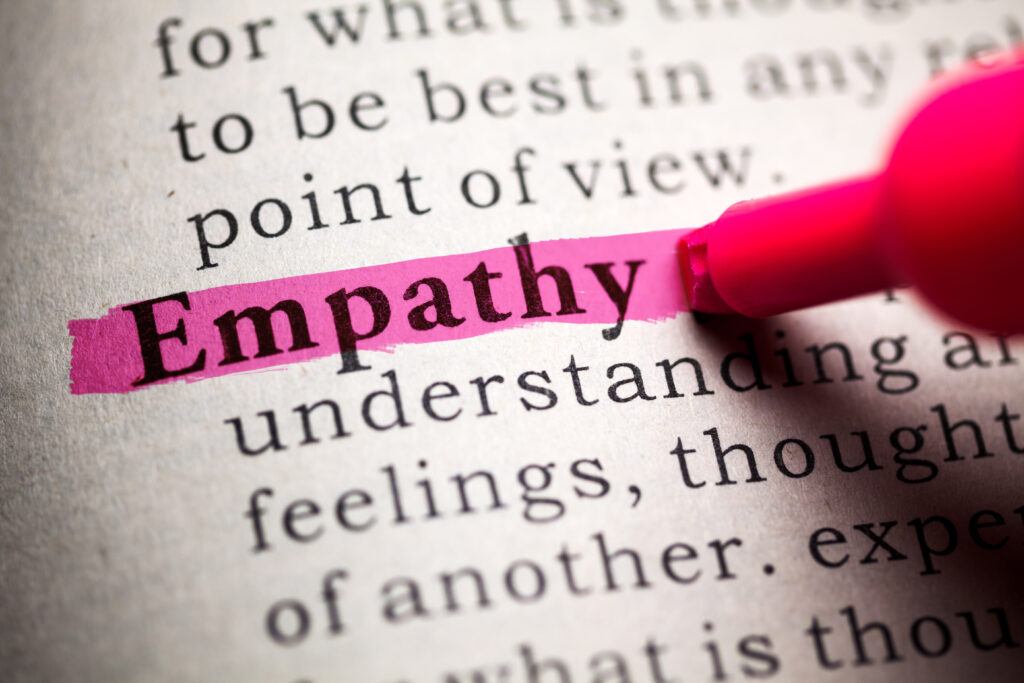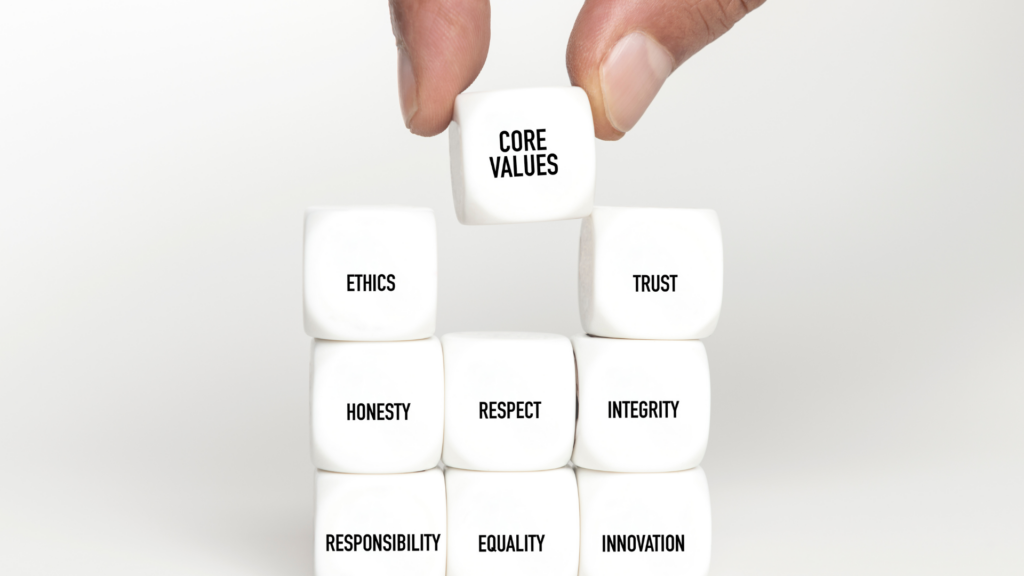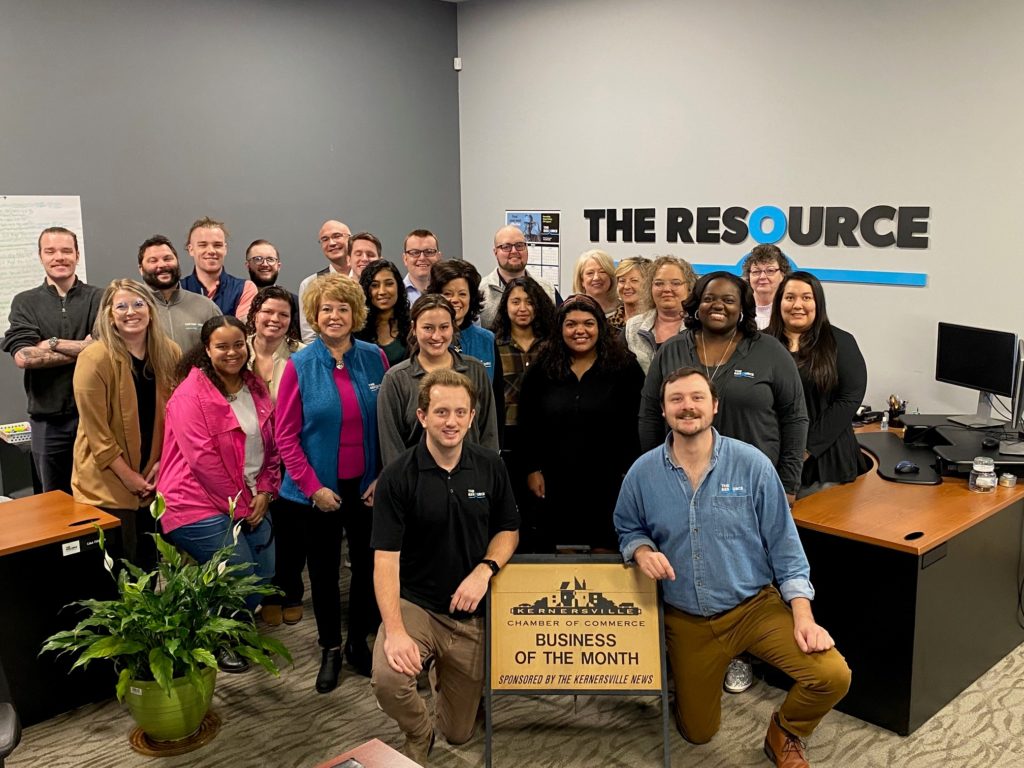As people move into adolescence and adulthood, they tend to lose touch with the playfulness that usually dominated their childhoods. In those early years, it was easy for them to just play. They joined in games with other children without worrying about being the “best” player (or even understanding all of the rules) and immersed themselves deeply in a world of imagination. What might today’s workplaces look like if they included an element of that playfulness? How might teams interact differently? What might change in how leaders see themselves? Childhood play encourages people to see things through a different lens. A child can be a pirate queen, a purple jaguar, or whatever else they can envision. Similarly, leaders can also imagine new roles and explore new possibilities. Play provides an opportunity to step back from everyday routines. Taking a pause from the usual hectic schedules and grind enables leaders to “just be,” so they can relax enough to see things that were not available to them before and so they can center themselves and breathe new life into their bodies. Creative play such as building sand castles and Lego structures empowers children to innovate without rules or borders. When leaders play, they throw away their self-limiting beliefs about “the tried and true” way of doing things. As a result, they free themselves to innovate. People’s bodies give them great information about how they are feeling and what they need to do. Leading with an element of playfulness makes it possible for leaders to use their bodies as resources to help them make decisions. For example, asking themselves questions such as “What is my body telling me about my job situation?” or “What steps do I need to mindfully take when I am feeling this stress or anger?” during play can help leaders connect their minds and bodies better. When leaders cultivate a culture of playfulness, they foster an environment of interconnection. In both in-person and remote settings, adding humor and lightness to any situation can make a crazy project even crazier and help everyone laugh about all the things that are going wrong. Playfulness can open up all sorts of possibilities. Play enables people to bring out their best selves and figure out what’s important to them (and how to achieve it). Leaders who introduce an element of playfulness to the workplace might actually find that it’s their greatest superpower. Play unleashes imaginations
Play offers a time out
Play lies at the heart of innovation
Play connects mind and body
Play connects people











